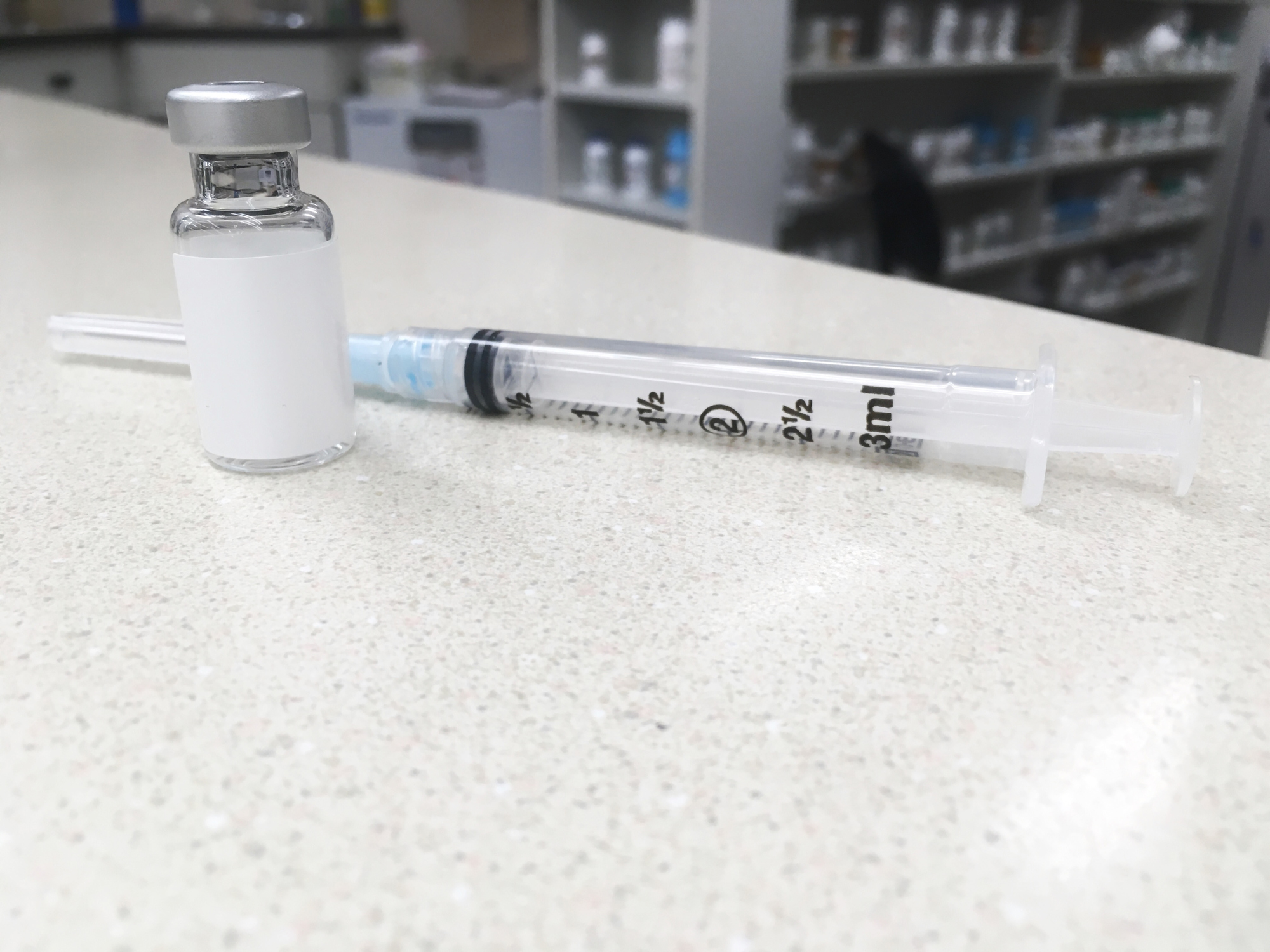As we enter a cold and flu season like no other, with the fear of contracting COVID-19 in the mix, it can be difficult to sort out what symptoms are cause for concern and what vaccines can help prevent serious illness. Seniors over the age of 65 should get the annual flu shot and the Centers for Disease Control and Prevention recommends that older adults also receive the pneumococcal vaccine after age 65. Pneumonia can be serious for older adults and may present with uncommon symptoms including confusion as well as a cough, breathing difficulties, fever, or chest pain.
People with a compromised immune system and older adults can have milder symptoms and may not necessarily run a fever. And according to a recent Medical News Today report, older adults may experience changes in coordination that can lead to falls, reduced appetite, incontinence, changes in daily function, or delirium. Bacterial pneumonia is most common and can be serious, especially for elderly adults. A high fever, sweating, increased breathing and pulse rates, bluish lips or nails, and confusion can develop gradually or come on suddenly.
Viral pneumonia may present with a fever, dry cough, headache, muscle pain and muscle weakness. Worsening symptoms can also include shortness of breath, increased coughing, high fever and bluish lips.
Loved-one and caregivers who suspect an older adult may have pneumonia should seek medical advice immediately. Anyone who experiences breathing difficulties, a blue face or lips, coughing blood, chest pain, a high fever, sweating and feeling chilled, severe cough with mucus, fainting or collapsing, confusion or drowsiness, or pale, discolored, or blotchy skin should go to the nearest emergency room. Call your health care provider or the hospital first for directions on where to enter and what safety measures to take.
In addition to getting the recommended vaccines, older adults can help prevent infection this winter by continuing to practice good hand hygiene, wear a mask in public spaces, limit the size of indoor gatherings and stop smoking. Loved ones can help protect seniors by staying in contact frequently through video chat, dropping food and essentials off without close contact, and encouraging older adults to keep up with their regular healthcare appointments either in-person or through a telehealth visit. A healthy diet, proper rest, and regular exercise can also boost the immune system, helping to prevent seasonal illness.
Learn more about the symptoms, causes, and treatment of pneumonia by following this link to the Mayo Clinic website.






Add Your Voice
0 Comments
Join the Discussion